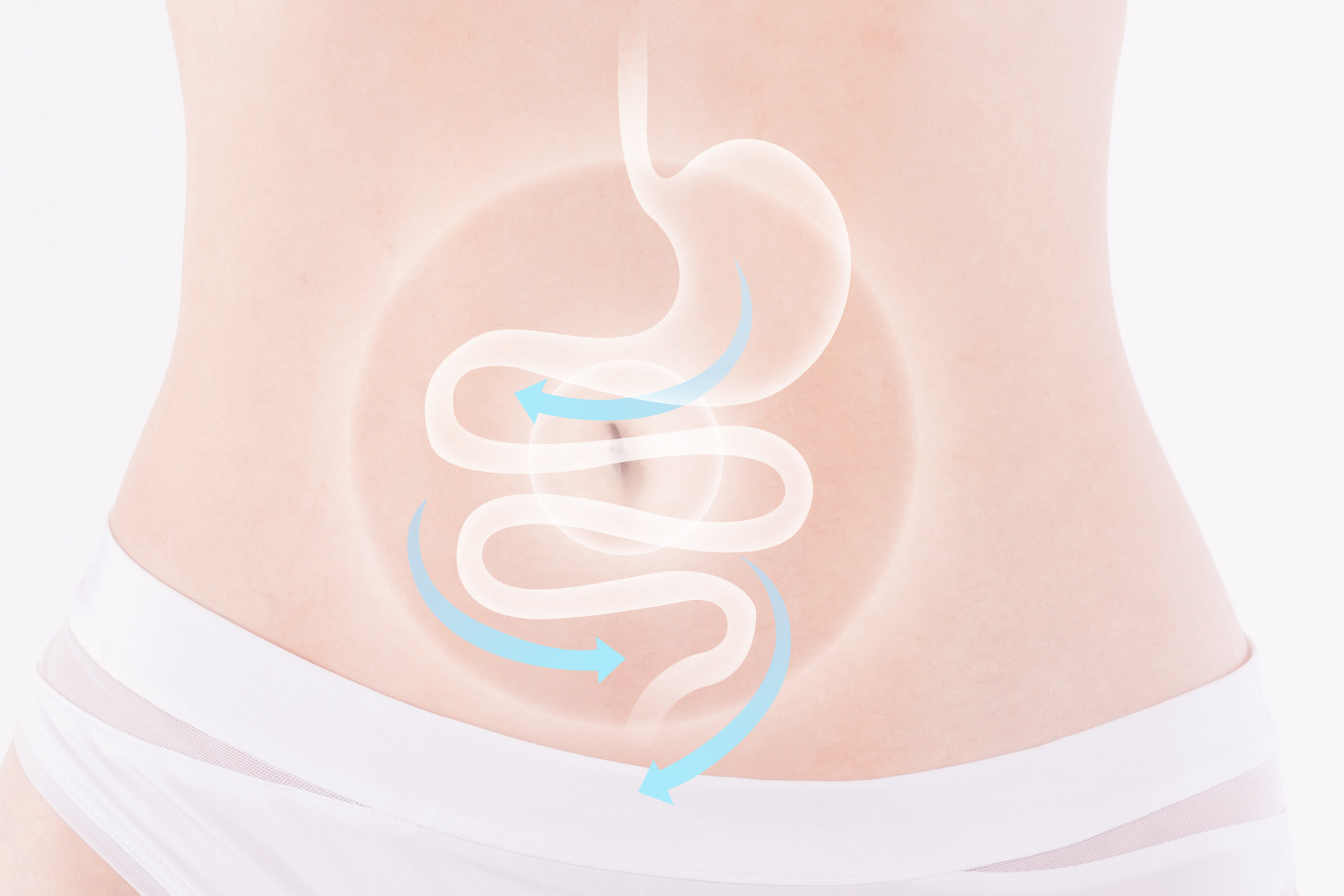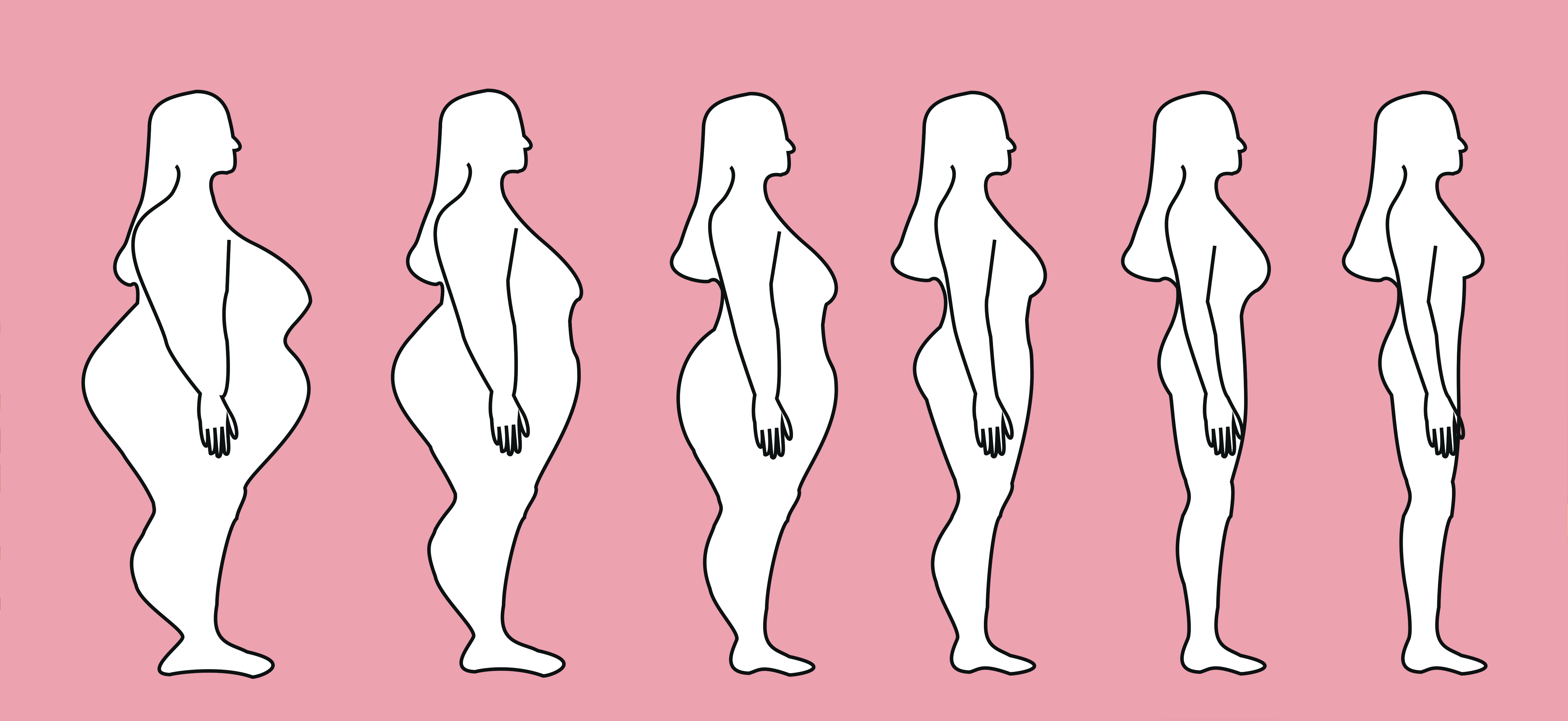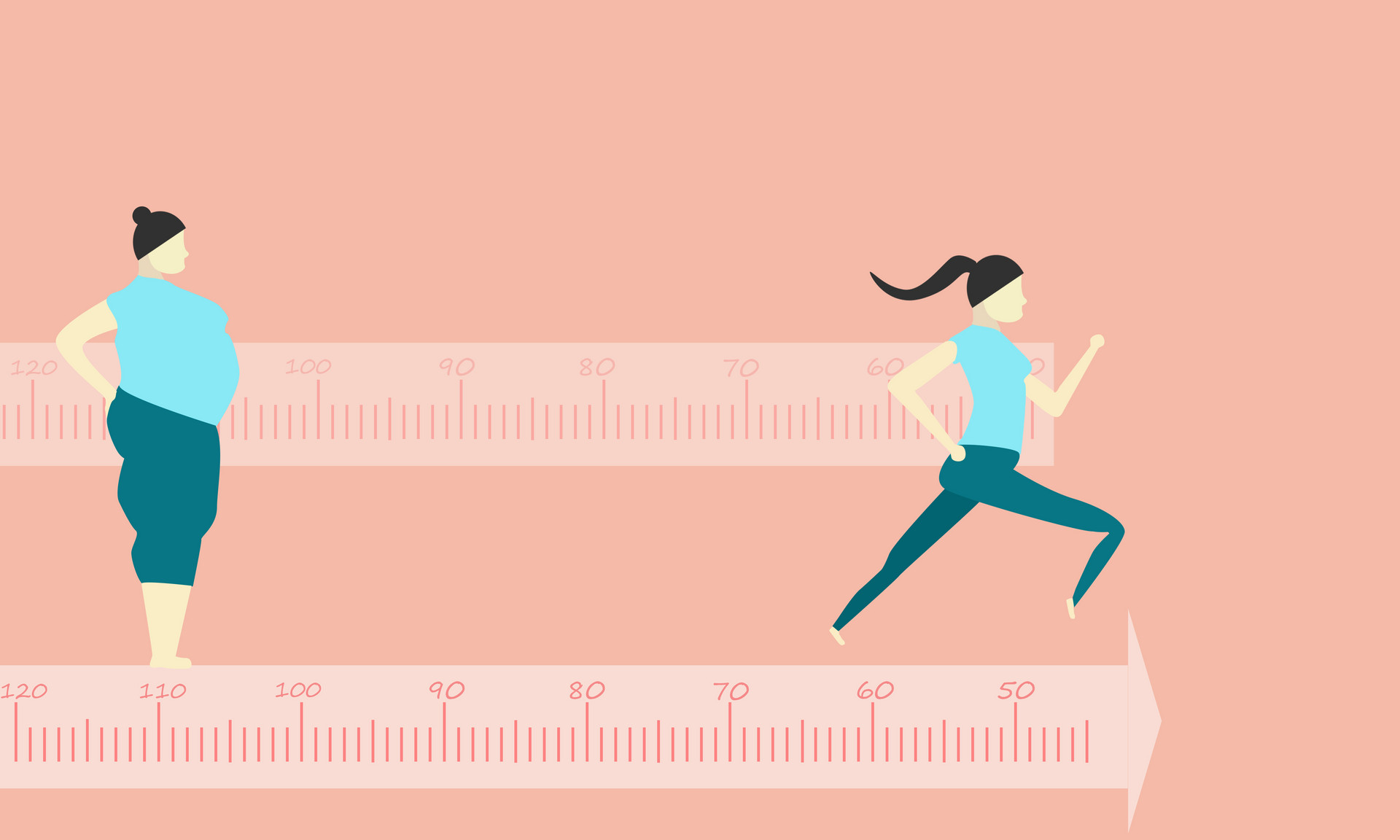"Life is endless, and weight loss never stops" is the motto of many people who are overweight. This not only illustrates the difficulty of losing weight, but also indicates the challenge of maintaining weight loss. So, what is weight rebound? In simple terms, weight rebound refers to gaining weight again after losing it. As long as a person's intake exceeds their expenditure, excess energy will be stored as fat, leading to weight gain. This mechanism is unrelated to the number of times or methods of weight loss.
Three Harms of Weight Rebound
1. Disrupting the relative stability of the nervous system and reducing the body's immune capability.
2. Increasing the risk of heart disease. Rapid and frequent weight fluctuations are hard for the heart to adapt to and can increase the chances of developing heart problems.
3. Weight rebound can lead to loss of confidence in weight loss and oneself. People who struggle to control their weight often find it difficult to maintain stability in their lives and experience significant emotional fluctuations.
Addressing the Causes of Weight Rebound
There are usually three main causes of weight rebound:
1. Using incorrect weight loss methods. Losing water weight instead of fat, for example, is a common phenomenon among people who rely on laxatives for weight loss. Once they stop taking the medication and replenish fluids, their weight will naturally increase again. This not only nullifies the weight loss results but also causes significant harm to the body, such as electrolyte imbalances.
2. Failing to complete the weight loss cycle. Some people see initial results in the early stages of weight loss and mistakenly believe that they have achieved their goals. They then stop their weight loss efforts, unaware that this is a critical period for determining the success of their weight loss journey. Weight loss products or exercise programs usually have recommended durations, and not meeting these durations can result in weight rebound, undoing all the previous efforts.
3. The most common cause is poor lifestyle habits. Some people think that once they have successfully lost weight, they can maintain it without any further effort. They indulge in overeating, lack of exercise, and fail to burn off the absorbed energy. How can they not regain weight?
Preventing Weight Rebound
More than 80% of people who attempt weight loss experience a cycle of "repeated battles and failures." The idea of weight loss products that claim to prevent rebound is often misunderstood as meaning that no effort is required to maintain weight loss after achieving it. In reality, the key to preventing rebound lies within oneself. The following methods are good ways to maintain weight loss results:
Adopting a healthy lifestyle and dietary habits is the key to preventing weight regain.
1. Chew food slowly. Avoid gobbling down food. This not only aids digestion but also promotes overall well-being.
2. Eat until 80% full. No matter how grand the feast or how much you love a certain food or beverage (especially alcohol), always exercise restraint.
3. Eat at regular intervals and in moderate portions. Divide daily food intake into 4-5 meals and avoid irregular eating patterns or overindulging.
4. Have a good breakfast, eat a moderate lunch, and have a light dinner. Pay attention to the quality of breakfast, which should include protein-rich foods. Avoid eating within two hours of bedtime.
5. Diversify your food choices and avoid a monotonous diet.












